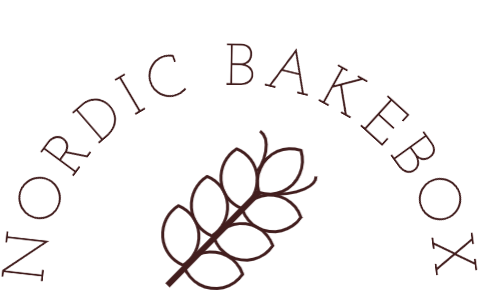Rye's history
Rye has traditionally been used for baking crisp bread and bread and sourdough bread.
In the Nordic countries, rye has been cultivated since the 11th century. Rye was an important crop for the working population and a crucial part of the staple food for a long period of time.
What health benefits does rye have?
Rye contains the most dietary fiber of the common cereals and gives a good feeling of satiety, this makes rye ideal for breakfast! Rye fibers are good for intestinal health and contribute to normal bowel function. Rye is also an excellent source of fiber.
It Contains 20 g of fiber per 100g. 100 grams of rye a day provides up to 50% of the recommended daily intake of several important vitamins and minerals. Some of these important vitamins include E and B vitamins, as well as minerals such as calcium, magnesium, zinc and iron.You get 100g of rye if you eat 2 slices of whole grain rye bread. Rye also keep you fuller for longer then wheat and it contains less gluten.
On top of all these amazing benefits, it's also anti-inflamatory which means that it can help prevent diseases such as type 2 diabetes and various types of cardiovascular disease.
